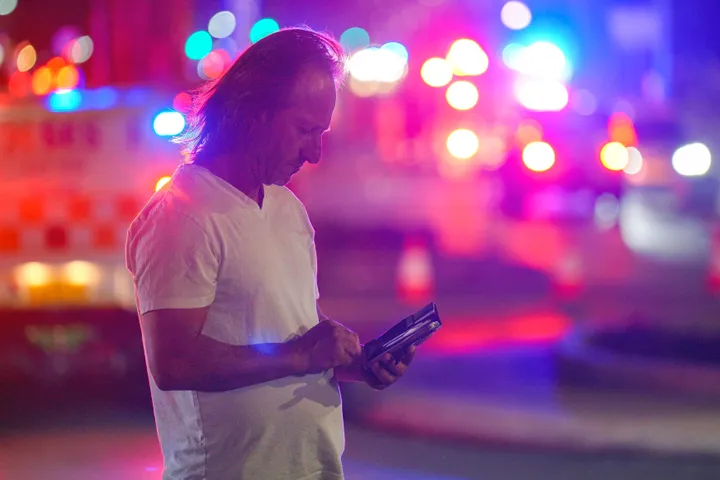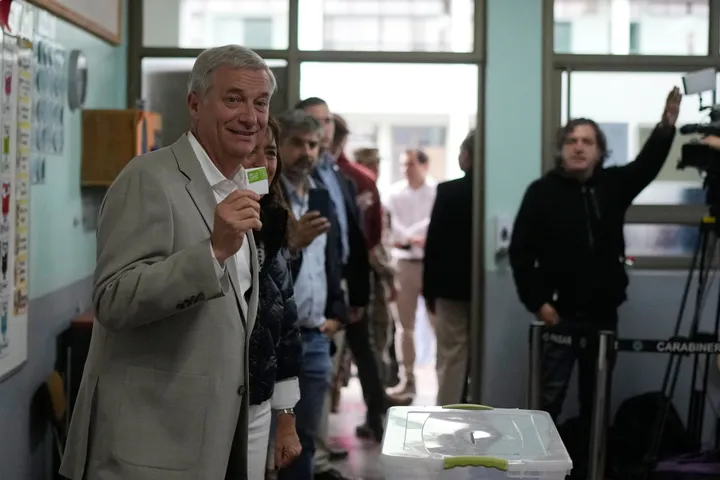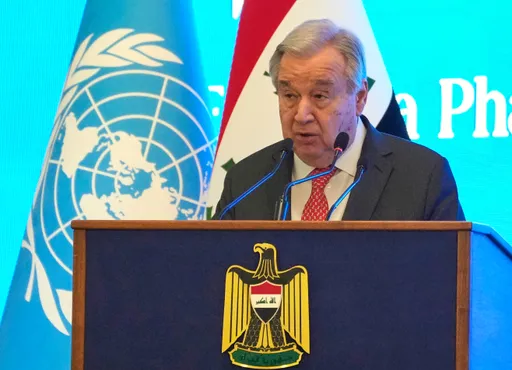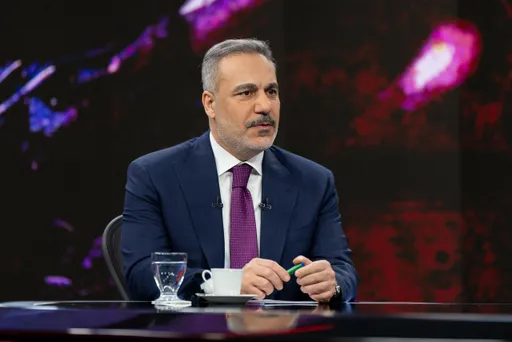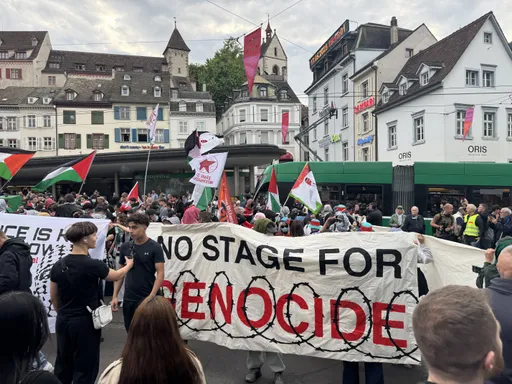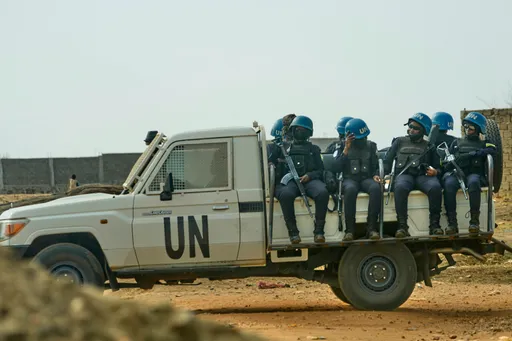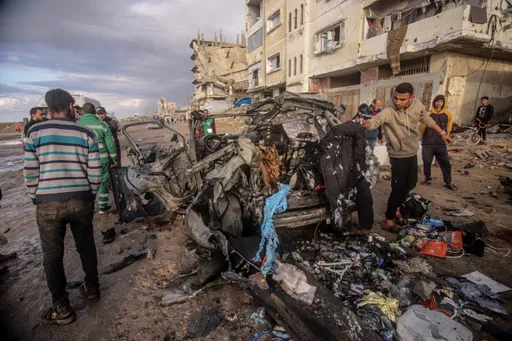September 28, 2000 marks the day when the second Intifada, the Palestinian uprising, started after the Israeli politician Ariel Sharon, accompanied by armed personal security and more than 1,000 police officers, entered the occupied Haram al Sharif in Jerusalem, one of Islam's holiest sites, which the Jews refer to as Temple Mount.
This uprising resulted in more than 9,733 Palestinians and 1,253 Israelis being killed, marking one of the worst bouts of violence in the Israeli war on Palestine.
The 18th anniversary will be commemorated by Palestinians in general strikes in several Palestinian cities in the occupied West Bank and Gaza.
Palestinian news agency Maan reported that in the central West Bank district of Ramallah, violent clashes broke out among Israeli forces and Palestinian protesters, at the northern entrance of Ramallah City, near the illegal Israeli settlement of Beit El.
In the Occupied West Bank cities of East Jerusalem, Nablus and Qalqiliya Israel police forces stormed neighbourhoods to stop protests by local Palestinians.
Protesting the nation-state law
The Higher Arab Monitoring Committee called for a general strike in all sectors and communities. The education sector is included in the call, with dozens of educational institutions shutting their doors this morning.
The Monitoring Committee together with the Council of Arab Mayors in Palestine and Israel announced that the strike is a protest against Israel's nation-state law and Israel's plan to demolish the Palestinian bedouin village Khan al Ahmar, which is under Palestinian authority.
The nation-state law says Israel is a state for the Jews and that Jewish culture is a binding source of Israeli legislation.
More than 20 percent of the Israeli population is Arab and have inhabited the land for centuries and are now reduced to second class citizens.
Furthermore, Jerusalem as the capital of Israel is another controversial aspect of this law. Hebrew is the only official language of Israel and Arabic has a special status, without being equivalent to Hebrew at all.
The state of Israel sees national value in the building of Jewish settlements. It encourages and supports the construction and consolidation of Jewish settlements, which are against international law and are harshly opposed and criticised by the UN.
Palestinian organisations from the Occupied West Bank and Gaza accepted the call from the Higher Monitoring Committee and sought to broaden the strike to commemorate the victims ahead of the 18th anniversary of the second Intifada.
According to the Palestinian news agency Wafalife came almost to a standstill in areas of the occupied West Bank. Shops shut down, government and financial institutions did not open, and public schools and universities suspended their classes.
Demolition of Khan al Ahmar
The Israeli army told Palestinian residents to demolish their homes in Khan al Ahmar in the occupied West Bank by October 1. The warning came after Israel's Supreme Court rejected appeals against the demolition. Khan al Ahmar is home to 180 local people, who make a living raising sheep and goats.
The Israeli army said they will enforce demolition orders as per a court decision if residents refuse to demolish their homes.
Israel's plan to destroy the village and relocate its residents 12 kilometres away adjacent to a landfill site has drawn international condemnation.
Marches are expected to take place in several Palestinian cities today and the main march is planned to take place in the city of Jatt.

